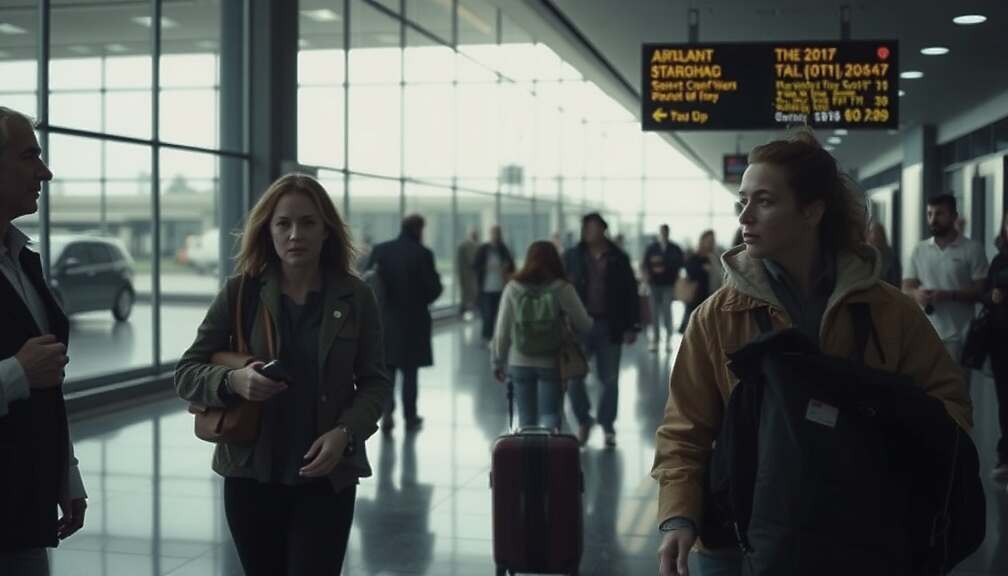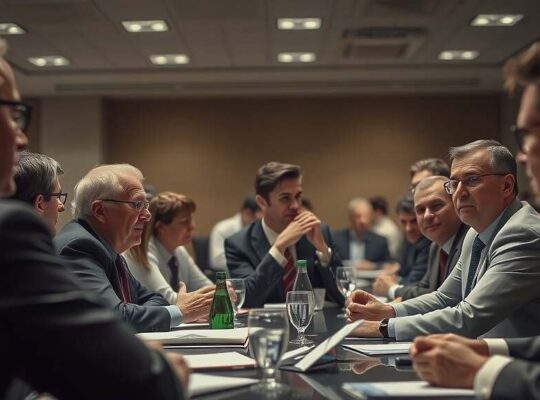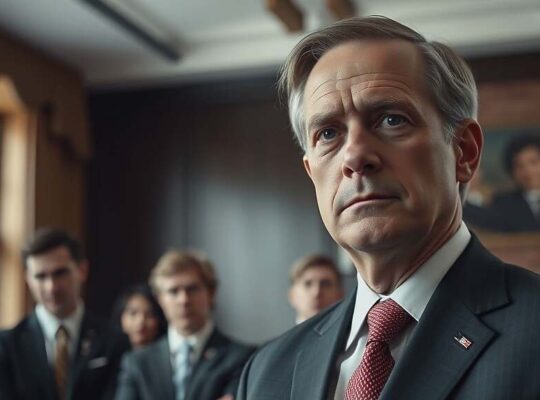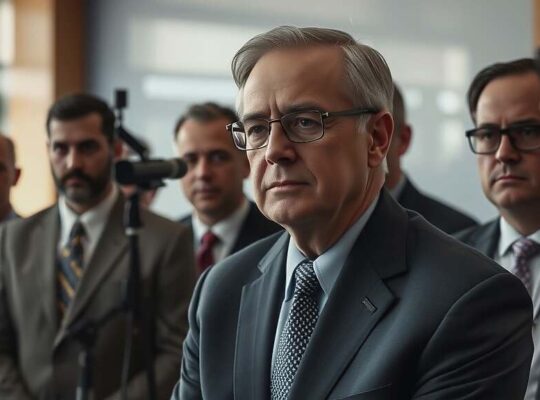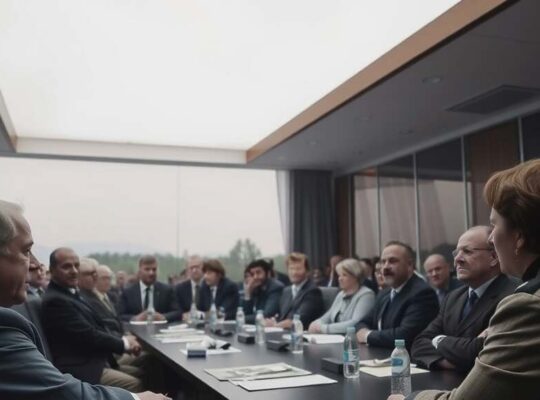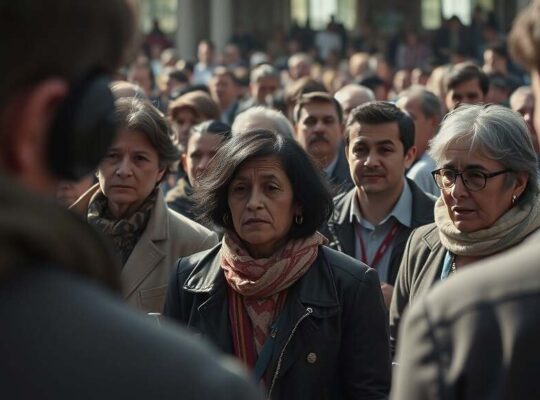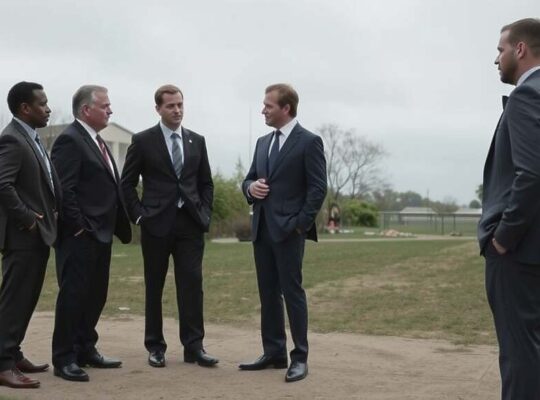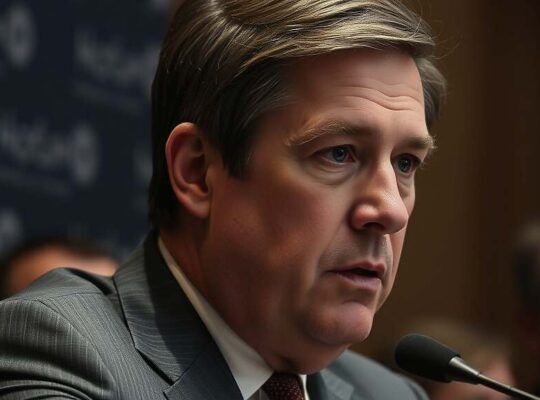Recent disruptions to air traffic at Munich Airport, attributed to drone activity, have prompted significant discussion regarding national security and defense strategies. Bavarian Minister President Markus Söder has suggested a potential link to Russia, characterizing the incidents as a form of “hybrid warfare” intended to create unease and anxiety. He urged against displays of weakness or fear in response.
Söder emphasized the urgent need to establish robust legal and operational frameworks for drone interception and defense. He criticized the perceived lack of proactive measures taken previously, noting a tendency for action to only occur during times of crisis.
Bayern state is planning to establish a dedicated drone center for police operations, in collaboration with both the federal government and the Bundeswehr (German Armed Forces). Söder specifically indicated that military involvement would be appropriate for combating larger drones operating at higher altitudes.
Acknowledging concerns voiced by Federal Justice Minister Stefanie Hubig regarding the deployment of the Bundeswehr within Germany’s borders, Söder dismissed them as pertaining to an exceptional circumstance that could be legally justified, negating the necessity for a constitutional amendment.
Furthermore, Söder reiterated his reservations about the draft law for a voluntary military service presented by Federal Defense Minister Boris Pistorius. He questioned the clarity surrounding projected troop numbers and potential recruitment shortfalls, expressing concerns that Russian President Putin might challenge NATO sooner than previously anticipated. Consequently, Söder advocated for a more decisive approach, suggesting the reinstatement of mandatory military service should voluntary service prove inadequate.


